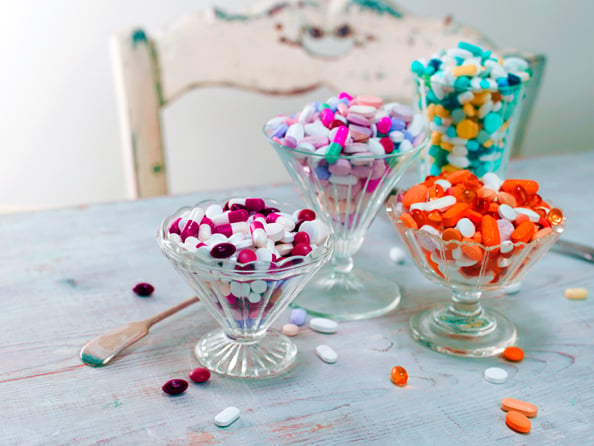Here in the UAE, we get roughly 3,481 hours of sunshine per year*. (Yeah, we’re pretty lucky).
However, despite all those hours of light, a whopping 86 per cent of residents have a vitamin D deficiency or insufficiency.
The brutal temperatures of June through to August mean we’re often trapped indoors for weeks on end, and traditional Emirati dress may also be contributing to the problem, an expert recently revealed.
Speaking at a conference last month, VPS Healthcare Principal Scientist Dr Afrozul Haq told delegates that the deficiency – one of the most common preventable disorders – is more prevalent during the summer.
Read: Sick Of Panda Eyes? Here Are 5 Summer-Proof Mascaras To Try
Read: How To Keep Your Hot Dogs Cool In Summer
“Although I am not quite sure as to why this is, seeing that the UAE is quite close to the equator and we naturally receive 90 per cent of our vitamin D from the sun, it could be due to a number of factors,” Dr Haq said.
“Pollution could play a role as could the lifestyle choices of the country’s residents including the lack of outdoor activity. Women in the UAE have even lower levels of vitamin D as due to religious and cultural reasons — there is a heavy use of abayas and burqas.”
“Oddly enough, vitamin D levels among residents in the UAE were lower in the summer and higher in the winter. This is because outdoor activity is reduced in the summer with our high dependence on ACs and cars for commuting.”
Read: 10 Countries Where Women Are Forbidden To Wear The Veil
Read: 13 Anti-Ageing Vitamins Every Woman Over 30 Needs To Be Taking

Vitamin D is essential for the absorption of calcium, and is need to prevent children developing rickets, and delay adults developing osteoporosis.
If we don’t get enough of the stuff on a regular basis, our bones can become brittle, weakened or misshapen.
Dr Haq also stated that excessive consumption of soft drinks may be contributing towards a Vitamin D deficiency in teens.
Luckily the condition can be treated easily with daily supplements (and by cutting back on the fizzy stuff, which will benefit your body in plenty of other ways too).
Vitamin D tablets with a dosage of less than 1,000 milligrams are recommended daily, especially during summer.
* Source: Knight Frank Global Lifestyle Review 2016.
Images: Getty











